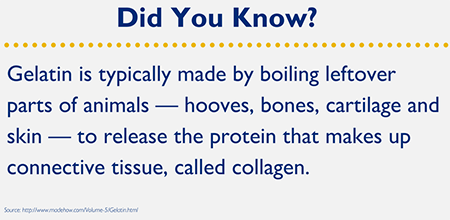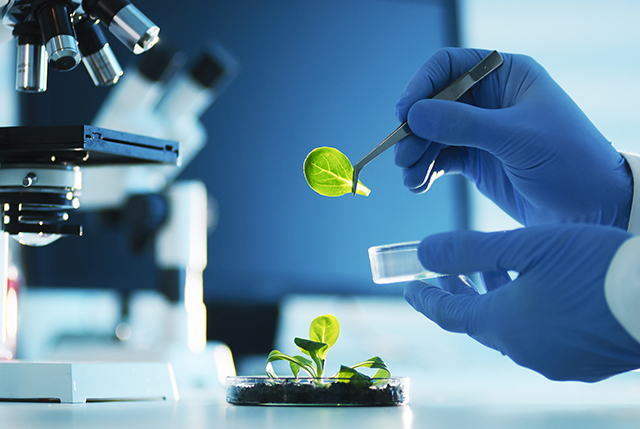The food industry is a fast-paced, constantly evolving market, wrought with disruptive ideas and technologies, ever-changing trends and new health crazes. However, today’s latest food fads aren’t as simple as the switch from regular to Greek yogurt, or the ushering in of free-range chicken products. Recent years have seen a boom in a burgeoning field known as “cellular agriculture,” or the process of using genetically engineered organisms “to produce proteins or other products from plants or animals on an industrial scale.”
What is cellular agriculture and how does it work?
Because all living things use the same genetic code, even simple microorganisms such as bacteria and yeast understand the DNA directions our cells use to make human proteins. In the 1970s, scientists realized that by introducing foreign DNA into a bacterial cell — for example, the sequence that encodes the human growth hormone (hGH) — and providing the nutrients required for growth, one could essentially convert bacteria into little protein factories that happily produce large amounts of human proteins, given the correct instructions. This technology has revolutionized the field of modern medicine, and has been used for decades to produce hGH and insulin, replacing the need for animal-based versions.
For some targets, it’s a little more complicated because our cells process and modify proteins in ways that bacteria do not — such as tagging them with sugars, chopping them up into different shapes or making other chemical modifications that influence structure and function. However, the directions for these modifications can also be added to the bacterial genome, providing them with the information to make their own protein-modifying machinery. Alternatively, yeast are more genetically similar to humans, and already have most of the machinery required to modify and decorate proteins in ways that bacteria cannot. Although researchers have been making use of this technology to analyze and study protein structures and functions in the lab for years, the applications to the agriculture industry are just starting to emerge.

Milk Without the Cow
Biotech companies such as Berkeley-based Perfect Day and San Francisco-based Geltor are at the forefront of using microorganisms to manufacture animal products, and are hoping to create an entirely new category of vegan grocery products. Perfect Day uses genetically modified yeast to make casein, lactoglobulin and lactoalbumin, the major components of milk. They plan to sell a vegan, lactose-free version of milk that doesn’t compromise taste or consistency, and that can be manufactured with high yields and little waste. Although there are already plenty of vegan dairy products on the market — almond, coconut, soy and even cashew — many require extensive processing and have enormous ecological footprints (it takes approximately 1.1 gallons of water to grow a single almond!). ). Even if these products could be generated in a more environmentally friendly manner, many consumers lament that the current vegan alternatives do not fully recapitulate the taste of real animal products. Vegan cheeses generally fail to deliver that ooey-gooey stringiness desired by cheese lovers, and vegan ice creams are often described as tasting ice-y, or less creamy than traditional dairy-based products. Using yeast to produce the exact components of dairy, scientists at Perfect Day are able to replicate the taste and consistency of animal-derived foods by making the milk without the cow, and can even custom-tailor the ratios of the different components to achieve different fat and flavor profiles.
Using a similar tactic, Geltor is working to produce and sell a vegan gelatin. Gelatin is Collagen is what gives snacks such as gummy bears, marshmallows and Jell-O their specific chewiness. A variety of vegan options exist, but none provides the same texture. Although the details of their cellular-based gelatin are proprietary (including whether they use yeast or bacteria), the CEOs of Geltor are hopeful that their product will provide a new option for vegans to enjoy gummy products without compromise or guilt.
The New Frontier of Vegan Product Design
Companies such as Geltor and Perfect Day are really only scratching the surface. Other industry scientists and biotech startups are finding ways to use microorganisms to manufacture vegan leather, spider silk, “wine without grapes” and biopharmaceutical compounds, such as penicillin, opioids and antibodies. Although many of these products are still far from hitting the shelves, Perfect Day hopes to have its “animal-free dairy products” available to consumers in 2018, so it may not be long until your local Whole Foods adds a new shelf in the vegan section.
